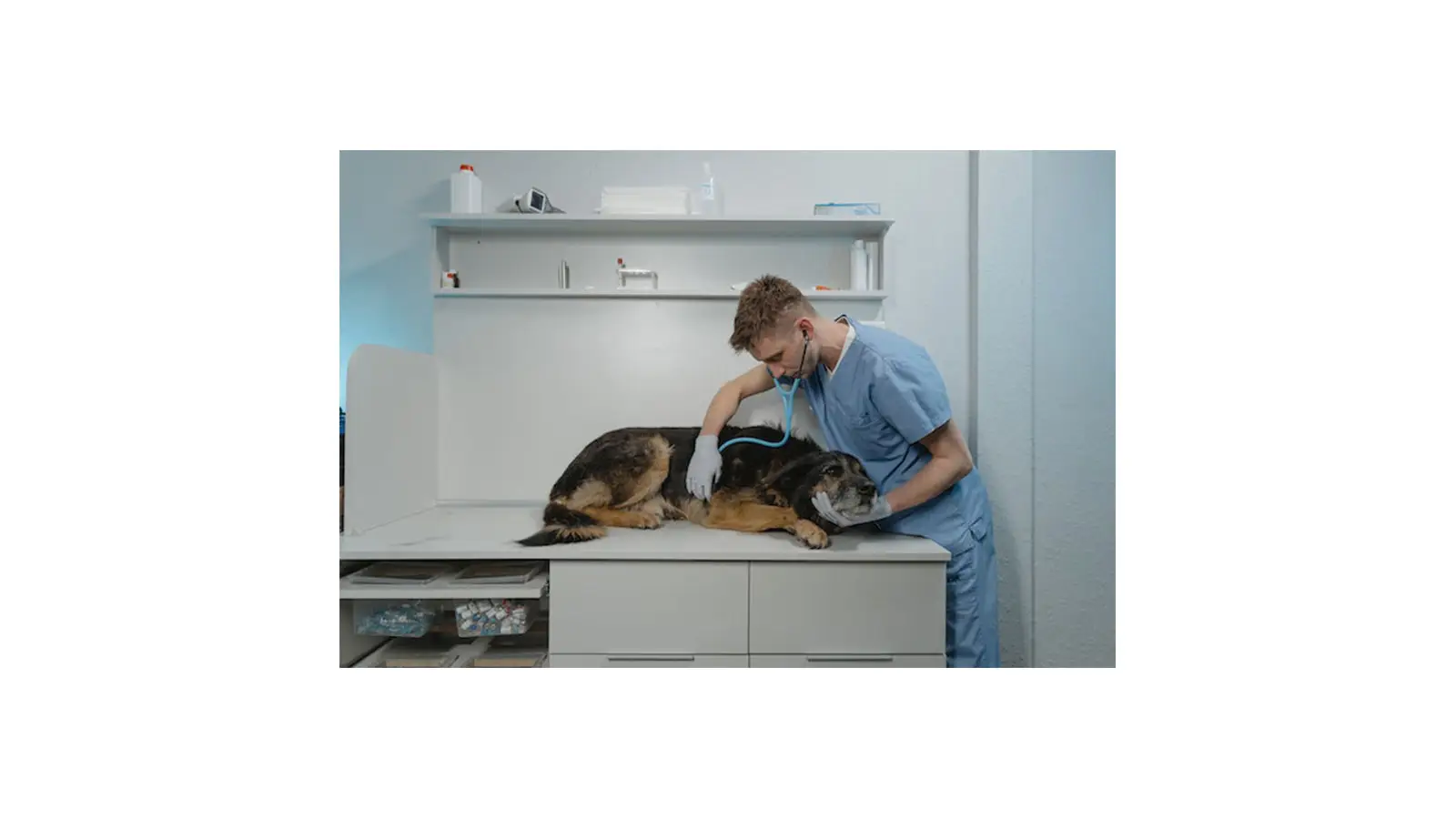
If you have a veterinary hospital, you probably have a website for your business, but do you know what you should include on that website? Here are the things you need for it to be effective.
In the current digital age, having a strong online presence is crucial for any business, including your veterinary hospital. A well-designed and informative website can help you attract new clients, educate pet owners, and make communication with existing clients easier. Here are some elements you need to make your veterinary hospital website effective:
Clear Navigation – The first and most important element of your website is a clear and easy-to-use navigation menu. Your menu should be prominently displayed at the top of the website, and it should include links to all the important sections of your website, such as services, contact information, patient forms, etc.
Your Services – Your veterinary hospital website should clearly outline the services you offer, including routine wellness exams, surgical procedures, dental care, emergency services, etc. This section should also explain any unique services your hospital offers, such as acupuncture, laser therapy, behavioral counseling, etc.
Your Staff – Pet owners want to know who will be taking care of their beloved pets. A “Meet Our Staff” section can include biographies and photos of the veterinarians, veterinary technicians, and support staff. This section can also highlight the team’s qualifications, experience, and areas of expertise.
Patient Resources – Your veterinary hospital website should provide access to valuable resources for pet owners, including articles on pet health and wellness, information on common diseases and conditions, links to trusted pet health websites, etc. This section can also include forms for new patients, prescription refills, appointment requests, etc.
Customer Testimonials, Reviews, and Case Studies – Social proof is a powerful tool for attracting new clients. Your veterinary hospital website should include a section with testimonials and reviews from satisfied clients, and case studies of pets and owners you’ve helped. These can be written testimonials, video testimonials, links to review sites like Yelp or Google, or video/written case studies. Good reviews from customers can attract new clients, improve your business’s search engine reputation, and position you at the top of the search results.
Your Contact Information and Location – Pet owners need to know how to contact your veterinary hospital in case of an emergency or to schedule an appointment. Your website should include the hospital’s phone number, email address, and physical address, as well as a map and directions to the hospital.
Online Appointment Scheduling – Many pet owners prefer to book appointments online these days. Your veterinary hospital website should include a user-friendly online appointment scheduling system that allows people to pick a preferred date and time, specify the reason for the appointment, and provide any necessary information about their pet.
Blog – A blog lets you provide ongoing value to pet owners, show your hospital’s expertise, and learn what users are looking for on your site by sharing valuable articles with your clients and prospects to help them and their pets achieve the best animal health for their well-being. Blog posts can cover a range of topics, including seasonal pet safety tips, the latest advances in veterinary medicine, warnings about unsafe foods, vaccine information, dog bite avoidance, money-saving suggestions for a pet owner, chronic disease care and awareness, pet news, and education. A blog can help drive traffic to your hospital’s website, improve the website’s search engine rankings, and provide great branding for your hospital.
Social Media Links – Your veterinary hospital website should include links to the hospital’s social media pages, such as Facebook, Instagram, Twitter, etc. This can help you connect with pet owners on a more personal level and keep them informed about hospital news and events. Try embedding social media widgets into your website.
Emergency Information – In case of an emergency, pet owners need to know what to do and where to go. Your veterinary hospital website should include a section with emergency information, such as after-hours contact information, the location of the nearest emergency veterinary hospital, and instructions for handling common pet emergencies.
A well-designed and informative website can be a valuable asset in attracting new clients to your hospital, educating pet owners, and providing exceptional patient care. By including these essential elements, your veterinary hospital can create a website that’s user-friendly, informative, and engaging.



We are a small marketing technology business based in USA, committed to overcoming the challenges of competing against large companies with big budgets. As a small business established in California, we provide affordable, high-quality web and marketing services to help other small businesses in the United States thrive.
We are located right in your pocket and on your desk – just a phone call or email away whenever you need us. Our official mailing address is in Dublin, California, USA.